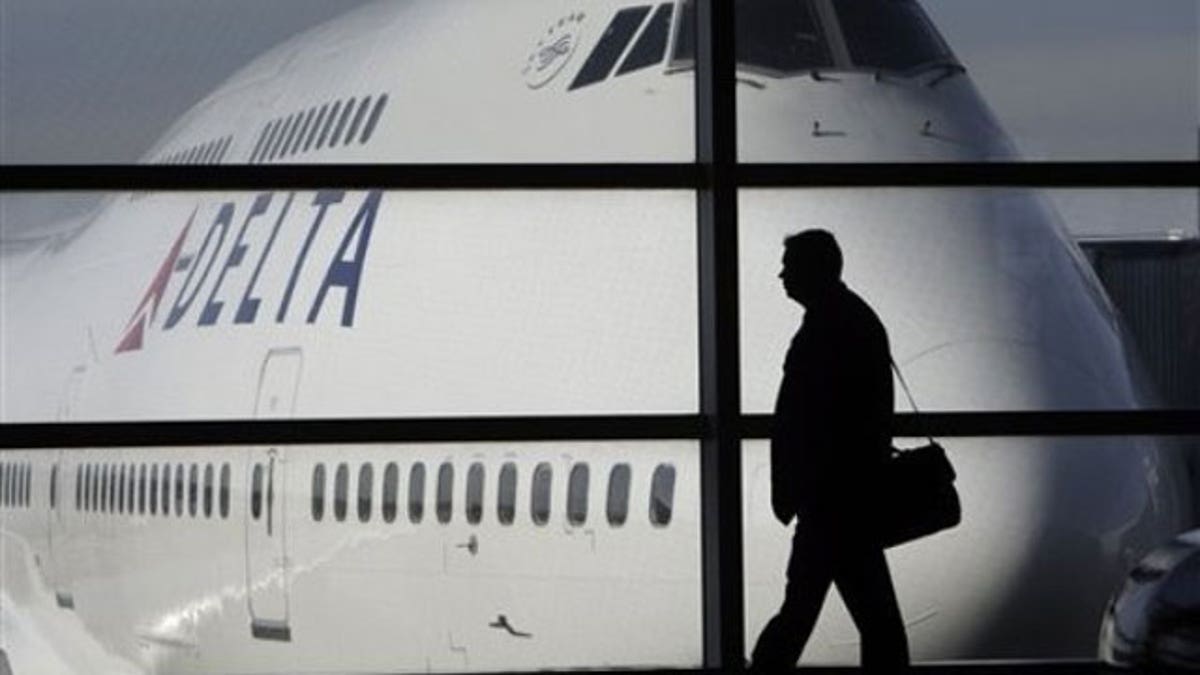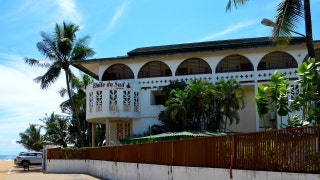
(AP) (AP2010)
The skies between London and New York are full of business travelers, and Delta Air Lines wants more of them.
Delta is looking into buying a big stake in Virgin Atlantic, the second-biggest airline at London’s Heathrow airport. New York to London is one of the world’s most important travel routes, and Delta currently flies fewer flights to Heathrow than its main U.S. competitors, American and United.
On Monday, Singapore Airlines said it is in discussions with ‘‘interested parties’’ to sell its 49 percent stake in Virgin Atlantic. A person with knowledge of the talks told The Associated Press that Delta is in talks with Singapore Airlines about buying the Virgin Atlantic stake. The person requested anonymity because the talks are ongoing. The Singapore Airlines statement said the talks may or may not result in a deal.
Airlines live and die by their networks — spaghetti lines on a map, connecting cities across the globe. The more connections an airline can offer, the more useful for business travelers.
United already has a strong presence at Heathrow, where takeoff and landing rights are limited. American has a joint venture with British Airways, the single biggest airline at Heathrow with 39 percent of the passenger traffic, according to 2010 statistics from the airport. The joint venture means American and British Airways funnel passengers onto each others’ flights and share the money.
That has left Delta looking for a way to grow at Heathrow. Virgin Atlantic is second at Heathrow behind BA, with 5.4 percent of passengers.
The New York-London route is especially important for Delta, because the biggest single destination from Heathrow is New York’s John F. Kennedy, where Delta has a hub. Delta is spending $1.2 billion to improve its facilities there, and another $160 million at nearby LaGuardia.
‘‘Delta really wants to become the airline of New York, and you can’t be the airline of New York if you don’t have a big presence at Heathrow,’’ said Ray Neidl, an airline analyst with the Maxim Group.
A Delta purchase of Virgin Atlantic would be its biggest deal since buying Northwest Airlines in 2008. That move, too, was aimed partially at giving Delta a bigger route network, since Northwest had extensive flying rights in Asia. More recently, Delta has made investments in Grupo Aeromexico and Brazil’s GOL Linhas Aereas Inteligentes SA.
Virgin Atlantic was founded in 1984, and 51 percent is owned by Sir Richard Branson’s Virgin Group. Singapore Airlines bought its stake from Branson in early 2000 for 600.3 million British pounds.
Virgin Atlantic has struggled with losses and said in 2010 that it might be interested in some kind of tie-up with another airline. British media reports at that time said that Delta was interested.
Delta is expected to post its third annual profit in a row this year. It’s untroubled by merger woes like United parent United Continental Holdings Inc., or by bankruptcy like American. It’s been able to focus on improving its network — and on cutting its fuel bill, going so far as to buy a refinery earlier this year.
Vicki Bryan, a debt analyst for Gimme Credit, wrote that Delta is disciplined enough not to overpay for a piece of Virgin Atlantic and has the strongest bargaining position ‘‘versus Singapore which wants to sell and Virgin which plainly needs significant help.’’
Shares of Atlanta-based Delta Air Lines Inc. fell 38 cents, or 3.8 percent, to close at $9.62, the biggest decline among the airlines on a down day for stocks.








































